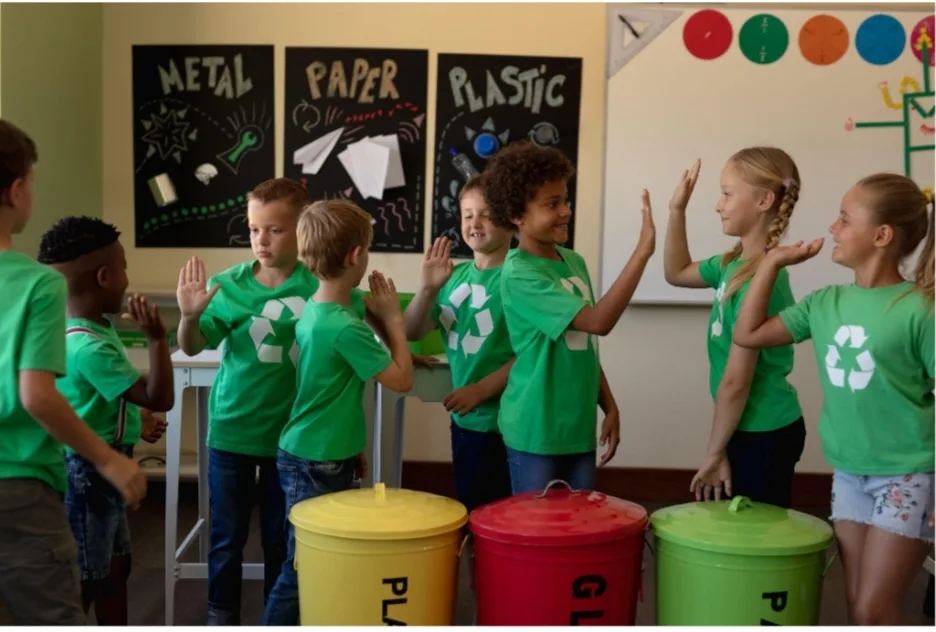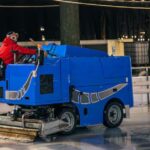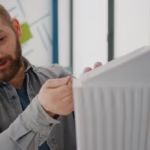In today’s world, teaching kids about waste management and recycling is very important indeed as it will go a long way to ensure a sustainable future. Through establishing environmental consciousness and commitment in young people we can give children an opportunity to become active agents in preserving the planet. Fortunately, there are so many entertaining and interactive activities that teachers and parents can use to help children learn about waste management and encourage hands-on learning and problem-solving skills. Let’s discover some innovative strategies to teach the kids on how to manage wastes and incorporate waste management activities that help the kids learn, understand, and take actions on waste management.
Introduction to Waste Management
Before learning the hands-on activities for waste management, the students must be equipped with the concept of waste management and the reason for its importance. Start with the explanation of what waste is and how it affects the environment. Employ language and images that are tailored for different ages in explaining issues like recycling, composting, and landfill disposal. Enhance participation through questioning and discussion so as to enable children to understand the relevance of responsible waste management.
Role of Education in Waste Management for Kids
Educating kids concerning waste management is indispensable in motivating sustainable thoughts and environmentally friendly practices. Through educating children about the outcome of waste on the environment, we make them become responsible partners to the sustainable development of the world by acting as caretakers of the environment. Educating children from an early age about garbage management contributes to their development of a sense of environmental stewardship. Moreover, it prompts them to be mindful of their choices that favor the planet.
Teaching Our Children To Manage The Waste
Introducing the concept of waste management through interactive discussions and education materials. Use books, videos, and online resources to present the different kinds of waste and the different waste disposal methods. Give a priority to the cutting down on, reusing, and recycling to reduce environmental damage. Thus, children will be more able to by laying the groundwork of the knowledge they gather, to be involved in practical activities on waste.
Activities for Waste Management Education
Now that children have a basic understanding of waste management, it’s time to engage them in fun and educational activities that reinforce key concepts. From recycling games to composting projects, there are countless ways to make learning about waste management enjoyable and memorable.
Recycling Relay Race
Make recycling more fun and active by incorporating a recycling relay race. Divide children into teams and set up recycle bins labeled with different materials like plastic, paper, and aluminum. Later, organize the groups for a race to gather and sort the items into the appropriate dumpster rentals. The children not only get to learn about recycling through this activity, but also develop teamwork and other physical activities.
Trash Sorting Game
Design a garbage sorting game in which children are relaxed with different things and decide if each item goes into the recycle dumpster, the trash or can be reused. Use pictures to help younger kids identify various materials and discuss the difference between recyclable items and those which cannot be recycled. This practical activity reinforces the idea of waste management and makes children think critically.
DIY Recycling Crafts
Get crafty with recycling by turning regular items into amazing art pieces. Give children materials like empty cardboards, old newspapers, plastic bottles and so on. Encourage them to unleash their thoughts through sculptures, collages or other crafts. This also helps children understand that materials should be used again but also allows them to unleash their creativity in the process.
Class Trip on Visiting a Recycling Center
Arrange for a field trip to the nearest recycling center to show the children how recycling actually works. Most of the recycling centers have educational tours where kids can observe how sorting works and what kinds of materials are recyclable. Such an experience helps to understand why waste management is necessary and appreciate the fact that recycling is essential for our communities.
Waste Audit
Perform a waste audit in the classroom or at home for the children to understand their own waste habits. Have the kids to classify and collect their trash for a week, then group the results and discuss it altogether. Talk about what could have been recycled or reused, and come up with ways to decrease the waste in the future. The activity helps develop critical thinking and motivates children to engage in actions that will help mitigate the environmental impact.
Dumpster Diving
Dumpster diving in this context is not about diving into a dumpster but about examining the contents of a simulated dumpster. Make a replica of a dumpster or use pictures of it and fill it with items that represent different types of waste, for example, food scraps, plastic bottles, and paper products. Let the children sort through the dumpster and talk about the right way of waste management and recycling.
Storytelling in the Environment Focus
Through storytelling Kids can learn about waste management by reading books with environmental themes. Go for books of suitable age groups and talk about recycling, conservation, and sustainability as topics. After completing the stories, talk with the children about the messages and lessons the books are trying to bring across. This helps to keep the main ideas and makes the children actively think about what they do.
Simulated Virtual Trash Pickup Project
If you want to make the experience more interactive, you can use virtual simulations to teach children about waste management. Allow kids to use online tools or apps that are like actual dumpster rental in San Francisco, in which they can sort and dispose of different types of waste. This interactive manner that we use in learning makes the process much more engaging and relatable, especially for tech-savvy youth.
Classroom Composting
Establish a composting system in the classroom or schoolyard to inform children concerning organic waste management. Establish a dedicated compost bin and incentivize children to compost fruit and vegetable scraps, coffee grounds, as well as other biodegradable materials. Talk about the composting process and how waste organic can form nutrient-rich soil which can then be used in gardening. This essay covers the features of using practical activity in order to make children understand the composition and consequence of waste management and to encourage sustainability and eco-friendly approaches.
Field Trip to a Waste Transfer Station
Similar to a recycling center, a waste transfer station will also be a good place for a visit as it provides all valuable information about waste management. Children will see with their own eyes how waste is collected, distributed, and transported to its destination. In this way, they can also learn of the growth of excessive waste and evident complications in managing landfills. While a trip to the waste transfer center gives the pupils a practical look into waste management and motivates them to reflect on their own waste-generating activities.
Dumpster Rental Services Around San Francisco
For the bigger scale waste management needs, dumpster rentals also in San Francisco, provides convenient access to disposal of construction debris, household trash, or other materials. Dumpster 4 Rental that can assist you with the reliable and quality debris box rental services or the Dumpster Rental San Francisco. They have a 10-yard dumpster for your residential cleanouts or smaller renovations. Having a dumpster can simplify the waste disposal and also it is possible to take care of materials according to the local regulations through having it.
Making Kids Excited about Waste Management through Activities
Through the use of fun activities in the waste management education we can keep the kids interested and practicing sustainability as enjoyable as it can be. Be it by means of practical projects, fun life-size games or visits to sites of interest, teaching children about waste management can both be fun and effective. Through such eco- minded behavior, the next generation is empowered to take up the role of protectors of the environment and sustainable practices’ ambassadors.
Finally, teaching kids on waste management and recycling doesn’t have to be tedious and boring . Through games and interactive exercises that teachers can include in the curriculum or daily schedule, lessons about sustainability and responsibility for the environment can be imparted to the children. From games to crafts, field trips, or hands-on experiences, there are infinite ways to motivate children to become the custodians of the Earth. Therefore, let’s put our hands to work, and plunge into the realm of waste management, and hence, inspire the next generations to leave a positive mark on earth.











1 thought on “Teaching Kids About Waste Management: Fun and Engaging Activities”